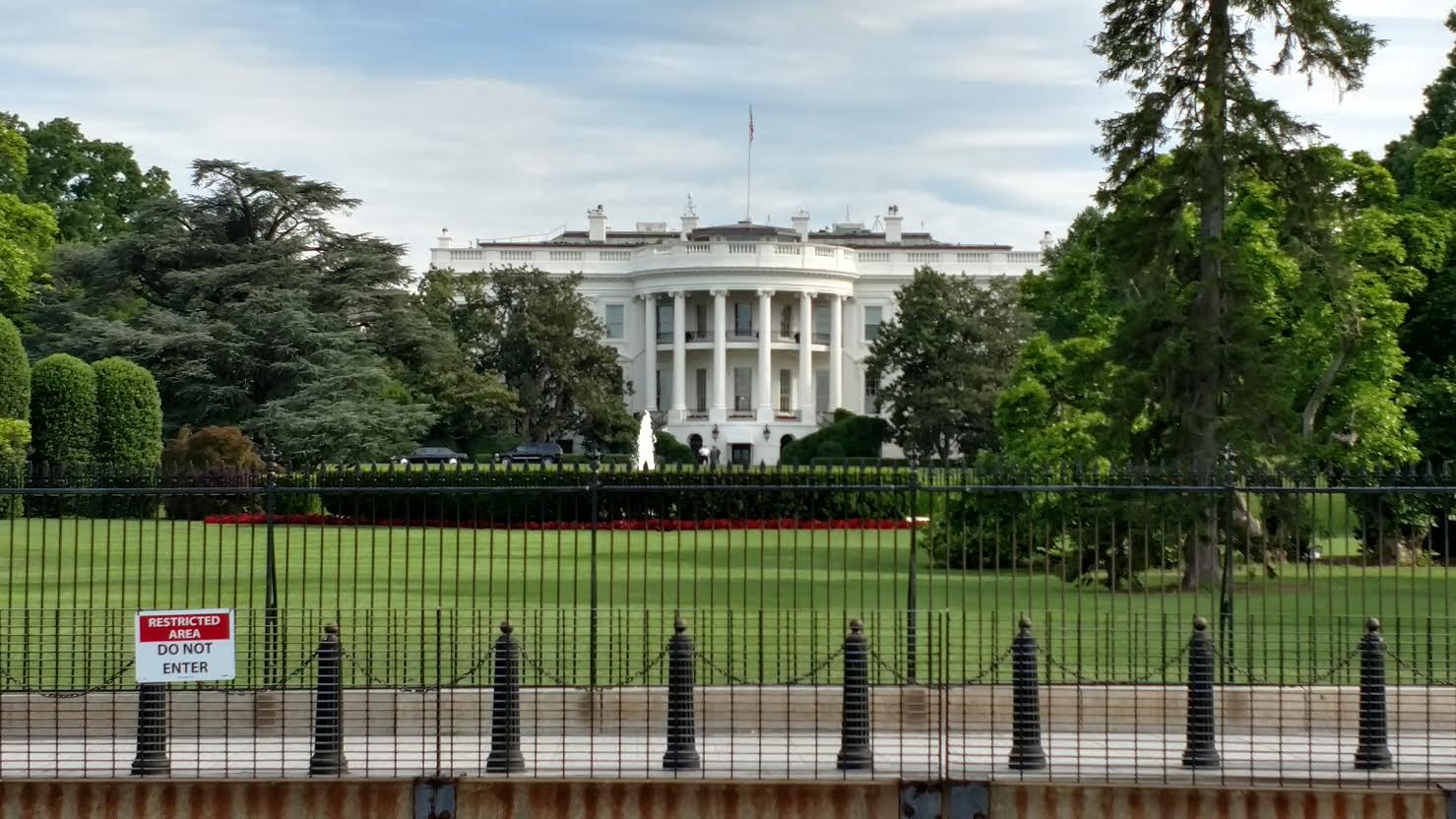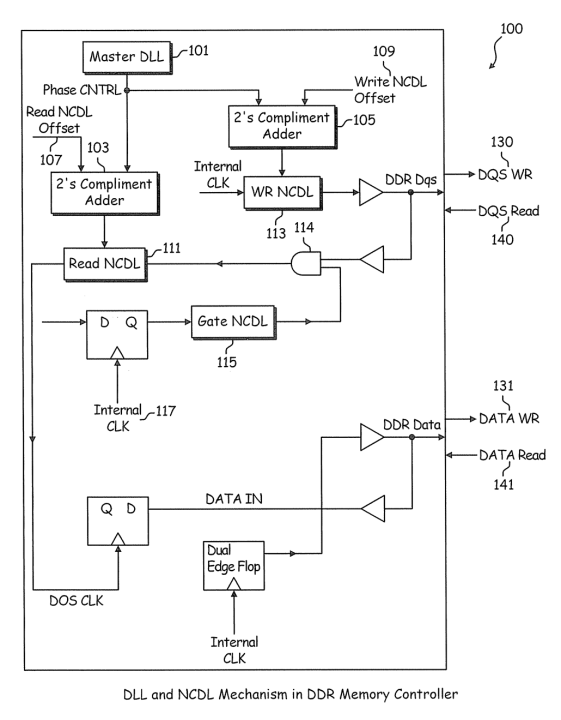ktMINE’s Eric Podlogar was a speaker at the LES 2017 Spring Meeting that took place on May 9th through the 11th in Washington D.C. At ktMINE, Eric is the lead of the IP Strategy & Valuation market, specializing in technical demonstrations and consultations with over 12 years of experience in business intelligence and IP licensing.
Workshop: The art and science of IP valuation: methods, data and technology for market-based valuation
Date: Wednesday, May 10th
Track: Valuation & Pricing track
Speakers:
- Marcia Chang, Managing Director, Intellectual Property Sales and Licensing, Hewlett Packard Enterprise
- George Koomullil, Founder and CEO, Relecura Inc.,
- Eric Podlogar, Market Lead of IP Strategy & Valuation, ktMINE
- Lynne Weber, Managing Director, Duff & Phelps, LLC
- Justin Lewis, Managing Director, Ocean Tomo, LLC (Moderator)
Workshop Summary:
Recent rulings, legislation and the ebb and flow of patent litigation have had a large impact on the value of IP assets and the ability to monetize them efficiently. The panel discussed different valuation methods used in practice, the influence of policies and events on the value of IP assets as observed through the evolution in transactions, licensing and royalty data from the market, how valuation methods have evolved in response, and the technologies available for tracking the variations in the value of IP for market based valuation.
Workshop Discussion Recap:
During the discussion, companies expressed concern about the low value of IP and attributed this to the efforts of large companies (such as Google, Microsoft, Amazon, Apple and Facebook, aka the “frightful five”). However, many companies are not aware that they can control the value of their IP asset and have not considered the potential connection between the assets and the potential licensees. It is clear that litigations are down, and some feel that this directly contributes to reduced IP valuations.
Much of the discussion revolved around the PTAB and it being a death panel for any patent that is reviewed. Some suggest otherwise, and there is evidence that the rate of invalidated patents is dropping (which may result in an increase of patent valuation).
The ktMINE data that Eric presented showed that the impact of PTAB depends on which market you are looking at, for example, Biotechnology, Pharmaceuticals, and Software are not impacted as much as Financial Services:
Financial Services Royalty Rate Range, 2005-2016
The key takeaways to the chart include that while the Financial Services sector recovered slightly from the Great Recession, royalty rates in this space were dramatically impacted after the AIA took effect in 2011, and after the Alice decision in 2014.
Additionally, the Software market represented a big surprise: This discussion revealed that the Alice decision was too tailored to a specific need, and that the various markets outside of financial services are able to work through the challenges posed by the decision.
Clearly, when PTAB was initiated in 2012, and when Alice was decided in 2014, there were many patents granted under an old and more open paradigm. The USPTO and the Courts have worked through those patents, perhaps indicating that patent quality (along with valuation) should now be rising. However, there is concern/awareness that the rules may change again, as a result of pending case law and an unstable White House administration.
LES Spring Keynote Recap:
Scott Kieff, the ITC Commissioner, gave a great keynote reviewing the state of intellectual property policy in the US and overseas, including a perspective on trade and competition issues and what this means for the economics of licensing. The main lessons include that licensors should find out what the other side wants/needs (rather than letting a court decide).
Companies should use IP as a “beacon” to attract attention, not a carrot as a reward for good behavior (or a stick for punishing bad behavior). Patents should lead to inventions that can be used, as opposed to developing inventions that rest on a shelf until asserted.




